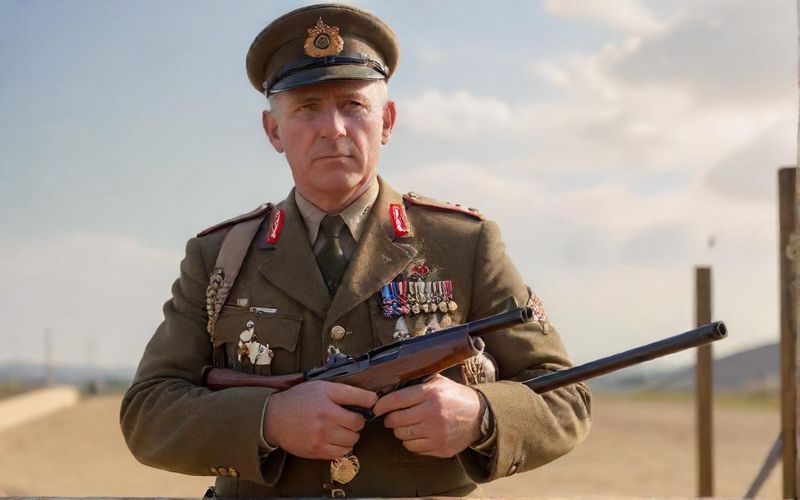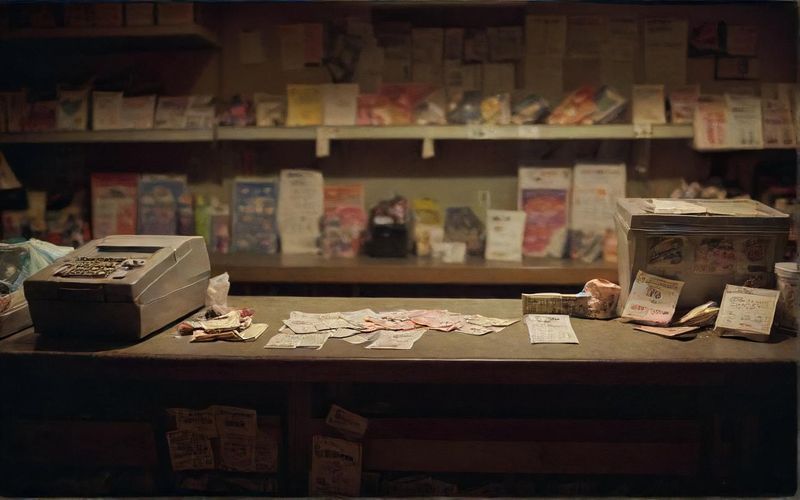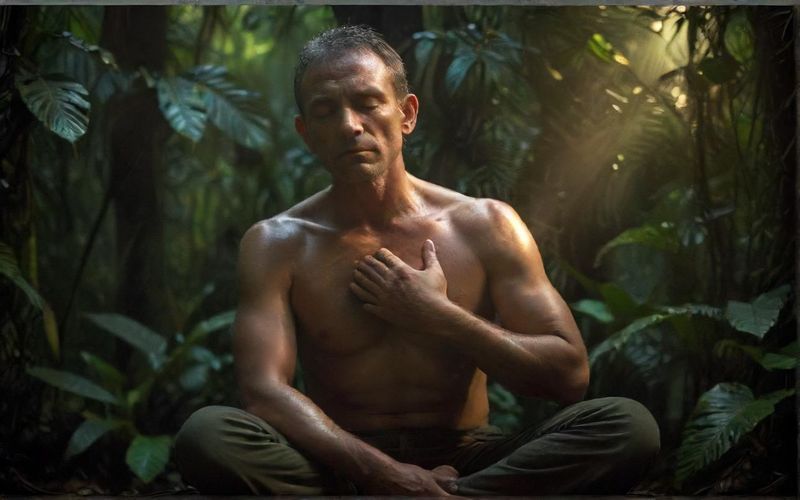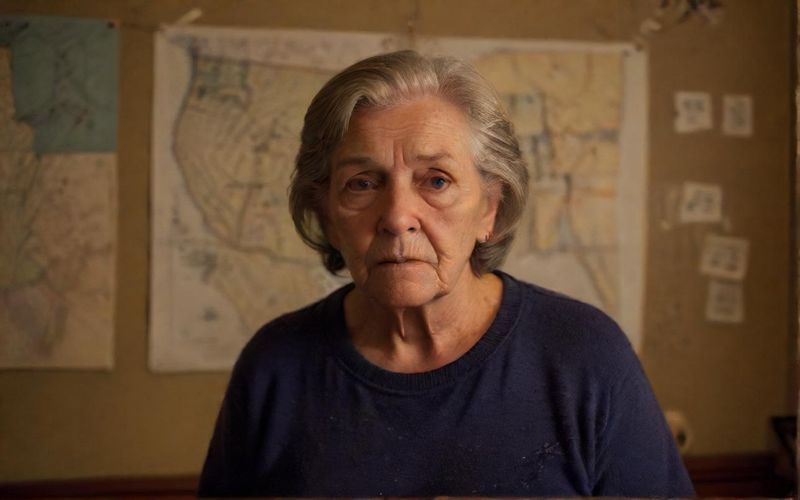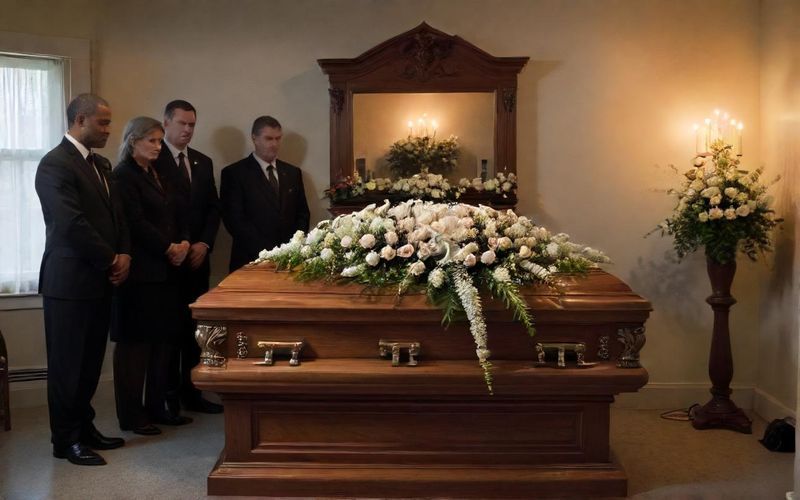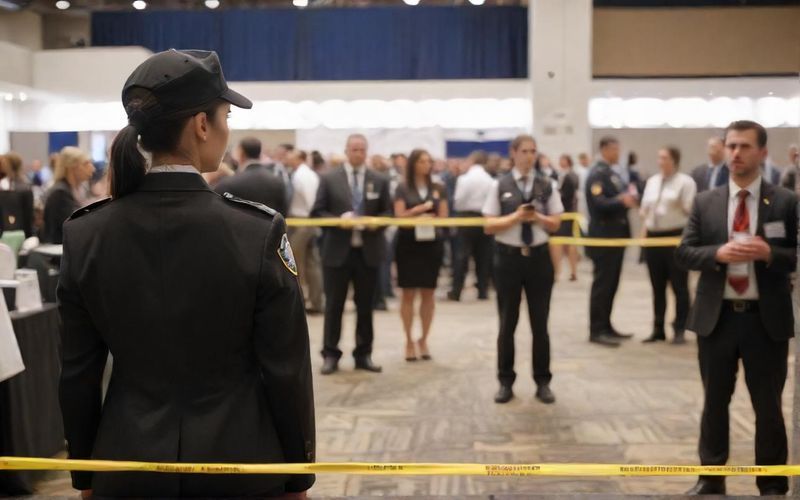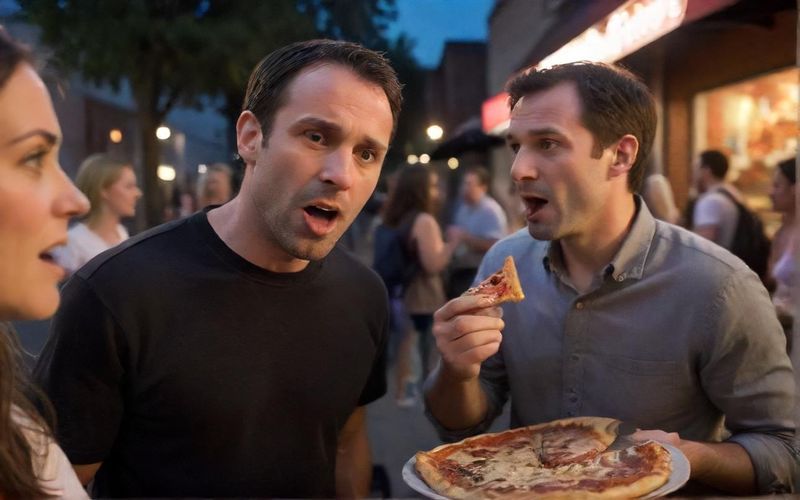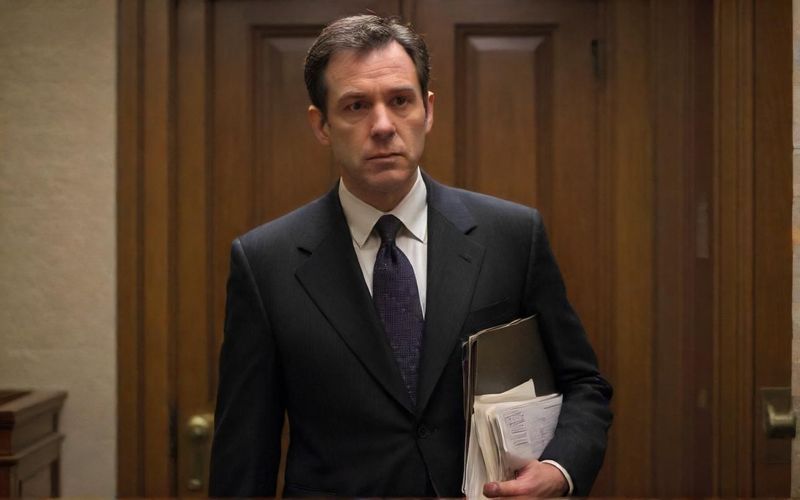Prisoner 951: Unseen Iran Ordeal Revealed
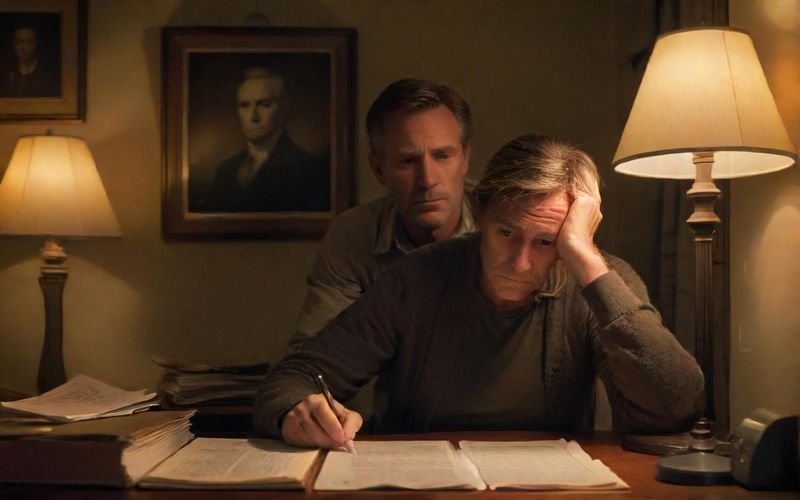
The tale of Nazanin Zaghari-Ratcliffe, held for six agonizing years in Iran, is etched into the collective memory of many. We recall the news reports, the desperate pleas from her husband, Richard Ratcliffe, the international outcry. But Prisoner 951 promises to pull back the curtain, showing us not just the public drama that unfolded in the press, but the silent, often unseen, battles fought within prison walls and within the hearts of a family ripped apart.
What strikes me most, reading about this new drama, is the quiet resilience at its core. Nazanin, portrayed by Narges Rashidi, is far more than just a victim. She is a British-Iranian citizen, a mother, a woman caught in a geopolitical vise. Her story, spanning six years of imprisonment, is a testament to the strength of the human spirit in the face of unimaginable pressure. And then there’s Richard. His journey, from initial confusion about a passport issue to the harrowing realization that his wife had been effectively abducted, is a masterclass in determination. We see in the trailer the immense toll this took on him, the sleepless nights, the constant fight against a system that seemed designed for stonewalling. It’s this duality – the external struggle against powerful forces and the internal battle to maintain hope – that makes the narrative so compelling.
The series’ creators have highlighted that Prisoner 951 is based on the forthcoming book A Yard of Sky, penned by Nazanin and Richard themselves. This detail is crucial. It suggests an intimacy, a depth of personal experience that goes beyond mere reporting. When a story is told from the inside, by those who lived it, it carries a weight, a truth that secondhand accounts can rarely capture. It’s this firsthand perspective, filtered through the lens of dramatic storytelling, that has the potential to resonate deeply and create genuine empathy.
It’s also worth noting the distinction between this dramatization and the concurrent documentary, Prisoner 951: The Hostages’ Story. While both aim to shed light on this harrowing ordeal, the dramatic series allows for an exploration of emotional landscapes and behind-closed-doors moments that a documentary might approach differently. The involvement of fellow former hostages in the documentary also broadens the scope, hinting at a pattern of unjust detentions that amplifies the significance of Nazanin’s plight.
Yet, amidst the narrative of suffering, there’s an undercurrent of something else: a quiet rage, a fierce love, and an unyielding pursuit of justice. The decision by the Foreign Office, advising inaction, only served to push Richard Ratcliffe into becoming an advocate, a strategist, and a tireless campaigner. This personal commitment, born out of desperation, is what truly elevates the story from a news item to a human epic. It’s a stark reminder that behind every international incident, there are individuals with hopes, dreams, and families who are profoundly impacted.
As we prepare to watch Prisoner 951 unfold, we are not just tuning in for entertainment. We are being invited to bear witness to an extraordinary ordeal, to understand the profound human cost of political gamesmanship, and to reflect on the enduring power of love and perseverance. What lessons can we truly glean from a story like Nazanin’s, and how will this dramatization shape our understanding of such protracted injustices in the future?
